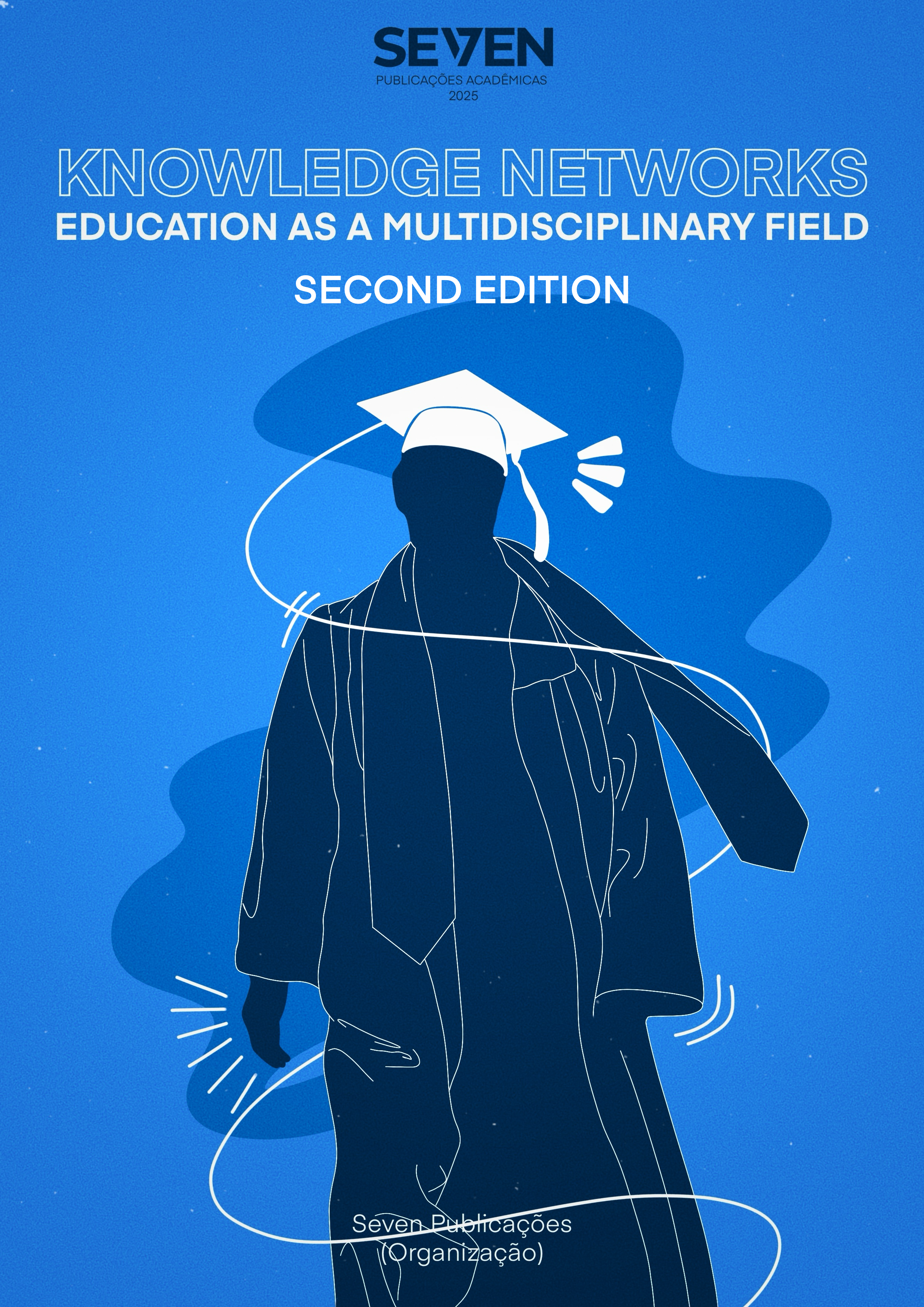THE ROLE OF THE EDUCATIONAL MODALITY YOUTH AND ADULT EDUCATION – HIGH SCHOOL LEVEL
Keywords:
Youth and Adult Education, Social Inclusion, Citizenship, Public Policies, Human DevelopmentAbstract
Youth and Adult Education (EJA) stands as one of the fundamental pillars of contemporary Brazilian education, aimed at correcting historical inequalities and ensuring the universal right to schooling. This article seeks to analyze the role of EJA at the secondary level, discussing its historical foundations, legal frameworks, and public policies, as well as the methodologies and pedagogical practices that foster social inclusion and citizenship formation. The research adopts a qualitative and bibliographic approach, based on contemporary theoretical references and institutional documents such as the National Curriculum Guidelines and UNESCO reports, to understand the relevance of this educational modality within the Brazilian context. The theoretical analysis indicates that EJA represents more than a formal educational space, becoming an environment of emancipation and appreciation of popular knowledge, fostering autonomy, critical thinking, and social awareness. Furthermore, the effectiveness of EJA depends on the continuity of public policies, the strengthening of teacher training, and the expansion of structural investments. Therefore, EJA is reaffirmed as a key instrument for inclusion, equity, and social transformation, indispensable to building a more just and democratic society.
DOI: https://doi.org/10.56238/sevened2025.038-036
Downloads
Published
Issue
Section
License

This work is licensed under a Creative Commons Attribution-NonCommercial 4.0 International License.





